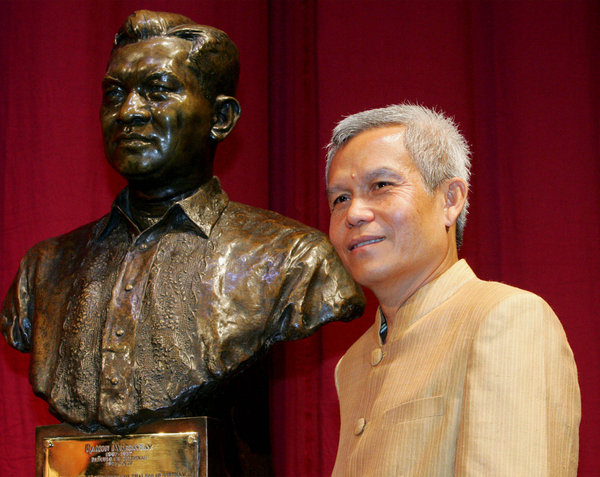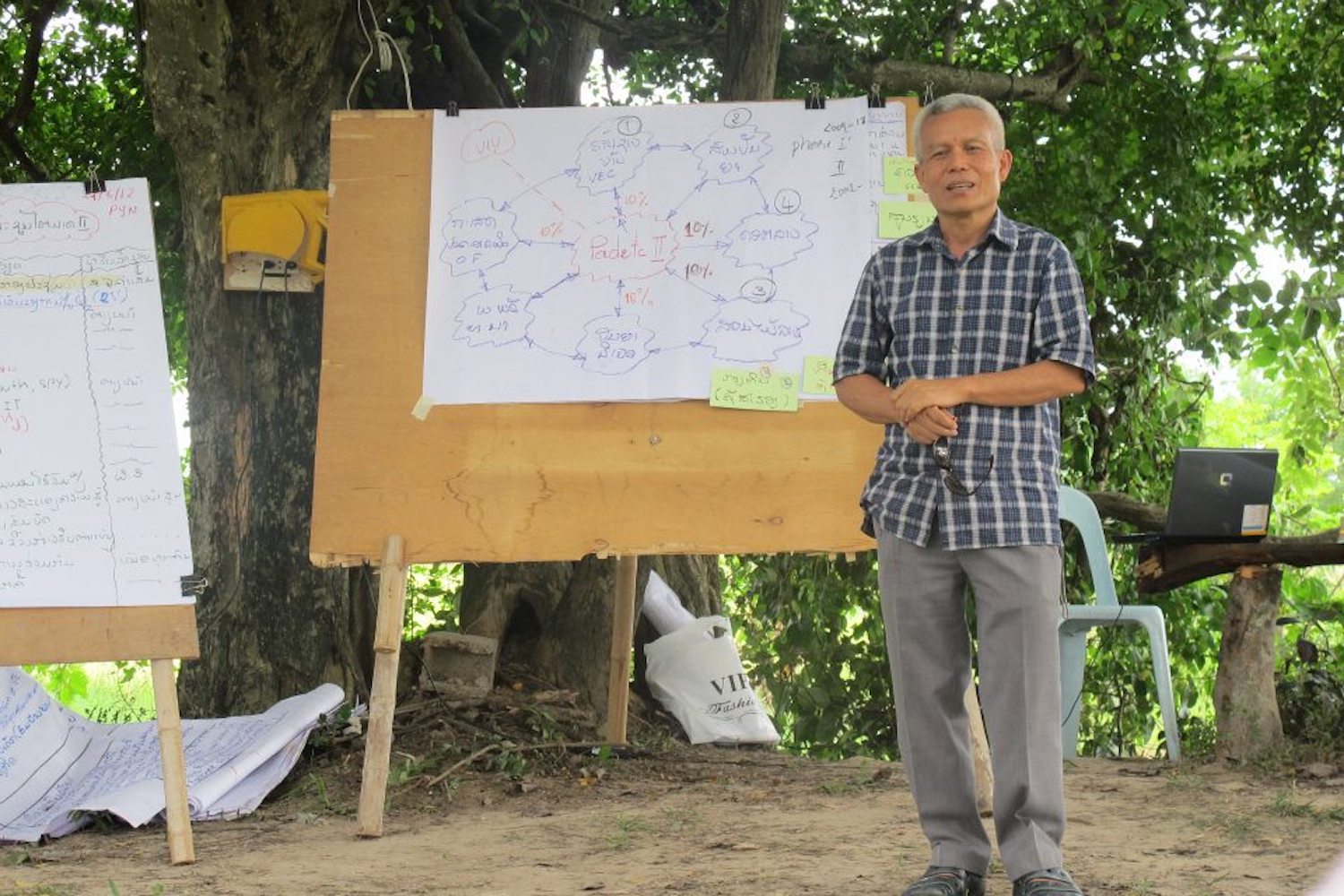Asia Correspondent: 12 June 2104

The Laos government routinely oppresses citizens, stifles basic human rights, and acts with impunity, Human Rights Watch said in a critique issued this week. The organization blasted the Southeast Asian country’s leaders for restricting “fundamental rights including freedom of speech, association, and assembly.” The critique concerns Laos’ failures to live up to recommendations issued in a 2010 Universal Periodic Review. The country is up for another review in October, and HRW believes the last UPR did not address critical areas, including “enforced disappearances; freedom of speech, association, and assembly; the treatment of detainees in drug detention centers; and labor rights.”
The critique notes the tight control the state exerts over the media, and a culture of self-censorship. News programs that encourage debate and discussion of hot-button rights issues are at risk of being shut down, and activists live with the real threat of harm and kidnapping.
HRW emphasized the country’s policy of enforced disappearance, particularly the high-profile case of Sombath Somphone, an activist who has been missing since 2012.
CCTV footage shows Somphone being detained near a police station in Vientiane, the capital, then escorted out of the building and driven away in another vehicle. The last person to see him before his abduction was his wife, Ng Shui Meng. Despite the CCTV evidence, HRW reports that government officials deny Somphone was taken into custody by the government and have so far “failed to conduct a serious investigation into his enforced disappearance or provide any other credible information about current whereabouts.”
A group of European delegates who visited Vientiane in 2013 accused the government of telling “ridiculous lies” about the case, according to the BBC. Updates and calls for people to demand answers about Sombath appear on a Facebook page and website dedicated to his case, but there have still been no real answers. Asia Times reported in 2013 that a ceremony that was to be held in Sombath’s honor was canceled after authorities threatened his family and colleagues.
HRW also noted the case of Sompawn Khantisouk, who disappeared after being forced into a car by four police officers in 2007 and has not been heard from since. Sompawn, who owned a popular eco-tourism lodge and was known as a land rights activist, disappeared under suspicious circumstances and HRW says the initial investigation focused on discrediting witnesses, rather than locating the kidnapped man. The organization also said “[h]is family filed a grievance of harm by the state to the National Assembly, but provincial and local officials never responded to the National Assembly’s inquiries about the case.”
In 2013, the New York Times reported that three Laotian men, two of whom were citizens and one a resident of the U.S., went missing while in Savannaket to attend a funeral. Authorities reportedly blocked American investigators from searching for the men. The NYT reported that Laotian security forces have been linked to politically-motivated assassinations of Laos activists even in neighboring Thailand.
Another concern is the treatment of prisoners in the Somsanga Drug Detention Center near Vientiane. HRW highlights the appalling conditions for those “people suspected of using drugs, along with beggars, homeless people, children, and people with mental illnesses” who are arbitrarily detained and thrown into compulsory drug detention centers across the country. The organization reported that at Somsanga, detainees are locked in cells inside barbed wire compounds and those who need medical help are often denied it. Additionally, Somsanga “lacks the basic protections of due process, judicial oversight, and mechanisms for appeals. None of the persons whom Human Rights Watch interviewed had seen a lawyer or been sent to a court prior to their detention in Somsanga.”
When it comes to workers’ rights, the government is also, unsurprisingly, oppressive. The law essentially prevents workers from striking and the only legal unions are closely linked to the government.
As the Asia Times noted in the article linked above, much has been made in the international media of human rights violations in Burma, and rightly so. However, Laos should be scrutinized more closely as well, and the international community should demand that the government be held accountable for disappearances and gross forms of oppression and intimidation. In a statement released Monday, HRW called on Laos’ government to “ratify core international human rights conventions; end restrictions on the rights to freedom of expression, association, assembly, and the media; and bring its labor laws and regulations into line with core labor standards of the International Labor Organization.”
In that statement, HRW spokesman Phil Robertson spoke to a fundamental problem in the country:
“This government brooks no dissent from its people, and uses rights-abusing laws and long prison terms to prevent any challenge to its power. Lao people fear their government because they know officials can act with near total impunity.”
